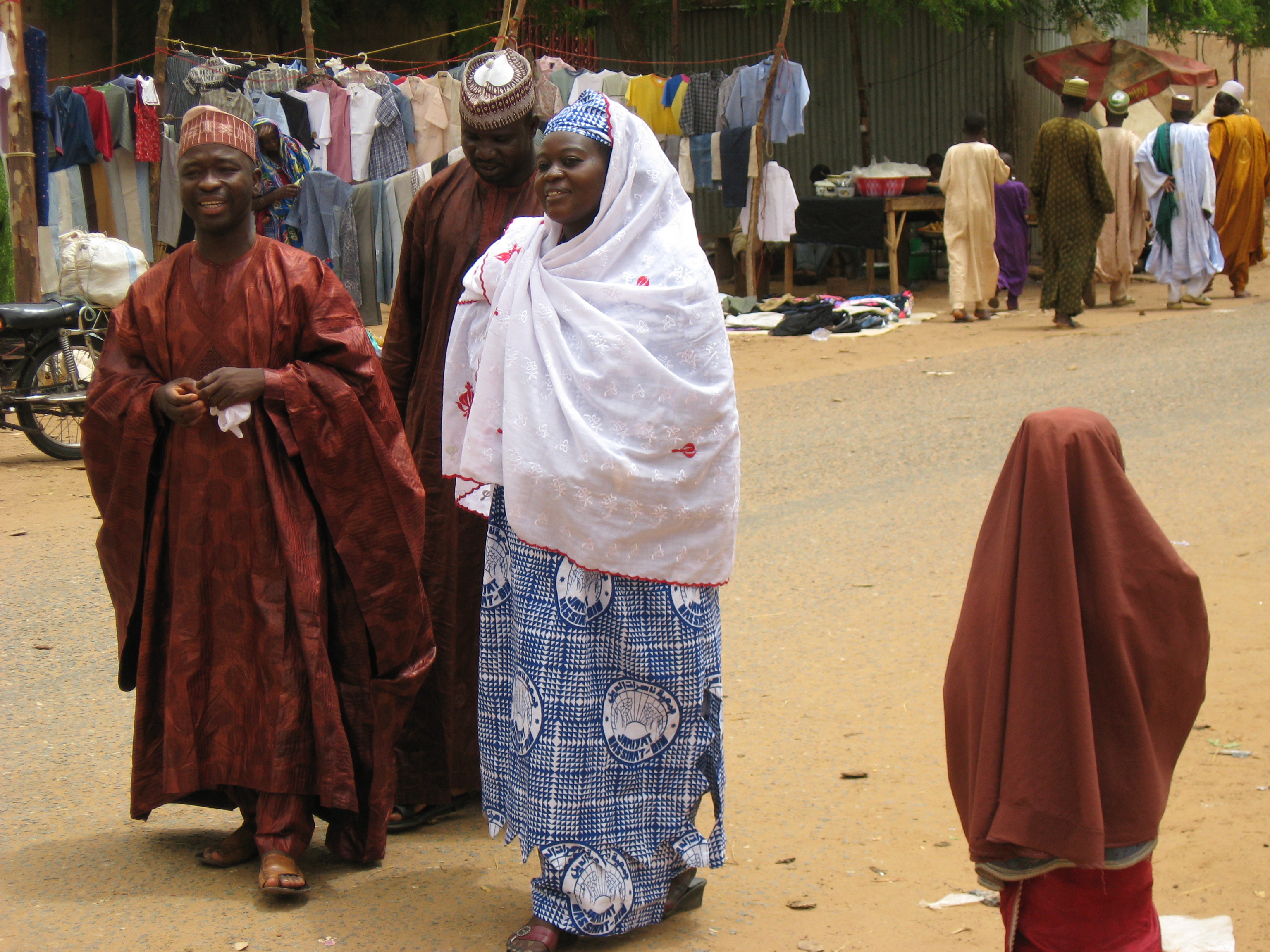
Language and Society in the Sahel
A project led by Fiona McLaughlin
Language and cities
The cities and languages project focuses on the African city as a site of linguistic contact, change, and endangerment, as well as on the dynamics of language practices in urban settings. Urban ways of speaking in contemporary Africa are central to the formation of new urban identities which are inextricably intertwined with emerging social and political movements and processes of realignment of ethnic and religious identities, thus they merit serious consideration if we are to understand the African city.
The first stage of this project, entitled ‘The languages of urban Africa,’ was funded by a grant from the University of Florida’s Office of Research, culminating in an international workshop and the publication of an edited volume by the same name in 2009. This stage of the project looked at language in ten African cities, focusing on several key issues; the emergence of urban contact languages (eg: Wolof, Lingala, Nouchi); contact phenomena such as borrowing, codeswitching, and language shift; and on the city as the source of authoritative ideological discourses about language.
Institutional framework
The project is led by Professor Fiona Mc Laughlin works on various sociolinguistic aspects of language in the Sahel, including language contact and the emergence of urban languages in Senegal’s cities, as well as on the sociolinguistics of vernacular literacy in both Latin and Arabic alphabets.
Currently, and in collaboration with Minna Zhou, Mc Laughlin is working on Dakar’s newest language, Centenaire Pidgin. This is a pidgin language used between Chinese merchants and their Senegalese employees and clients at their shops along the Boulevard du Centenaire in central Dakar.
In addition to a continued focus on the conceptualization of multilingualism in the wake of recent developments in the study of language ideology and language practices, the current phase of this project builds on the UF Department of Linguistics’ strengths and growing focus on the documentation of endangered languages to explore the African city as a site of language endangerment.
Vernacular literacy
This project, currently in its beginning stages, looks at writing in its various informal forms in urban and rural Senegal. Mc Laughlin presented a first paper on this research at the TASIA2 conference: “The Arabic script in Africa: Synergies resulting from the study of a writing system” held at the Université Libre de Bruxelles, in April 2013. The paper was entitled “Grassroots literacy at the port of Niodior (Senegal)” and discussed the digraphic panel displaying the port taxes in Roman and ajami scripts.
Publications on urban language
Mc Laughlin, Fiona. 2015. “Linguistic warscapes of northern Mali.” Linguistic Landscape 1(3): 213-242.
Mc Laughlin, Fiona. 2015. “Can a language endanger itself?: Reshaping repertoires in urban Senegal.” Language Documentation and Endangerment in Africa. Amsterdam: John Benjamins.
Mc Laughlin, Fiona. 2015. “Inflection in Pulaar” in The Oxford Handbook of Inflection.
Mc Laughlin, F., James, E., Brent H. (eds) 2015. Language documentation and endangerment in Africa. Amsterdam: John Benjamins.
Mc Laughlin, Fiona. 2014. “Senegalese digital repertoires in superdiversity: A case study from Seneweb.” Discourse, Context and Media 4-5: 29-37.
Mc Laughlin, Fiona. 2011. “Youssou N’Dour’s Sant Yàlla/Egypt: A musical experiment in Sufi modernity.” Popular Music 30(1): 71-87.
Mc Laughlin, Fiona. 2010. With Babacar Mboup. “Mediation and the performance of religious authority in Senegal.” Islamic Africa 1(1): 39-61.
Mc Laughlin, Fiona. ed. 2009. The Languages of Urban Africa. London: Continuum.